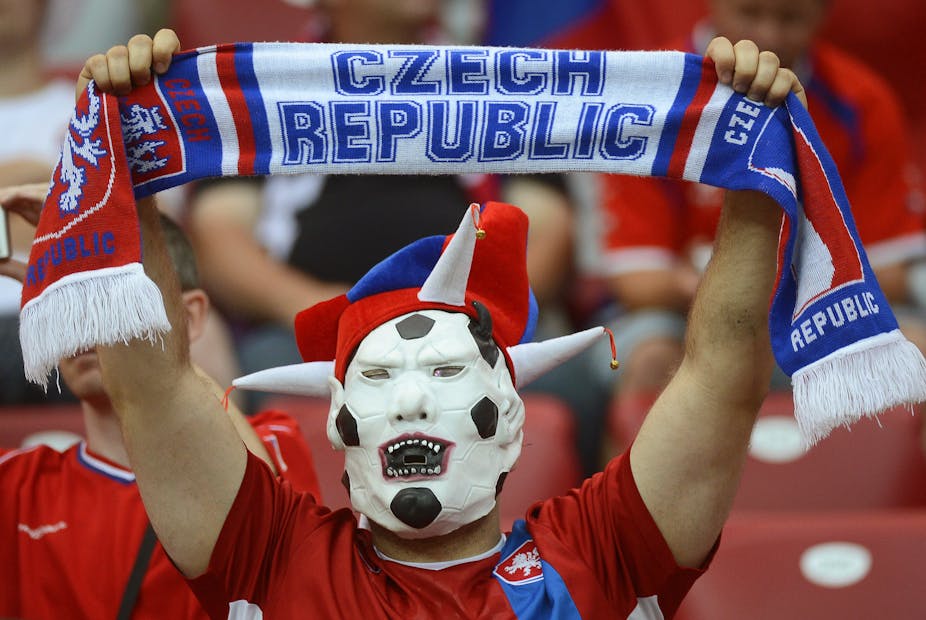Citizens in 28 countries will go to the polls to vote for the European Parliament this month. To test sentiment across the EU, The Conversation has assembled a team of experts from across Europe to write about how the election is playing in their countries.
In the Czech Republic there is hardly any sign that the its third EU election is about to take place. Compared to the national elections there are few billboards around streets, no TV debates, no ads in newspapers, and no big issues to discuss and debate.
Probably only those people who are really interested in politics and in European integration and of course, the politicians themselves, really care.
Surprising? Not really. European elections were never popular in the Czech Republic, which in both previous cases have traditionally followed pan-European patterns: very low turnout, second-rate candidates and a strong preference for domestic issues over the European ones.
And, Czech voters are being asked to attend their third elections at national level in 16 months. In January 2013 they voted for their first directly elected president and last October there was an early parliamentary election after the government collapsed in the summer. Now voters are being called upon once again.
Voter fatigue
People are fed up with politics – and, such a short time after the parliamentary elections, there is little for them to discuss issues. There’s a clear shortage on the supply side as well: political parties are financially exhausted by the previous campaigns and cannot pump in much money to keep voters engaged.

The ruling parties are much more consumed with their domestic agenda and disputes. The opposition is fragmented, and needs to recover from its heavy losses in the October 2013 parliamentary election. Probably the biggest issue is championed by the Civic Democrats, formerly the ruling party prior to October 2013, which is focusing on keeping out of the Eurozone and keeping the koruna, the Czech national currency. But given that no one is seriously thinking of getting rid of the koruna, this isn’t exactly a pressing issue.
While we can’t expect any substantial changes from this very low-profile EU election, we can confidently predict two things. One is that there will probably be a very low turn-out – in the region of about 20%. The other is that the few voters will send a whole new set of politicians to Brussels. All indications are that the lion’s share of seats will be probably won by the new political movement ANO (an acronym that means “Yes” in Czech) that has not so far been represented in Brussels.

The ANO movement, whose list is led by a former member of the European Commission, Pavel Telicka, will probably send between six and seven new MEPs including former diplomats and lobbyists. Seats in Brussels will be probably also secured by another two new parties: the conservative TOP 09 and the populist, anti-immigration Dawn of Direct Democracy, each of which is expected to achieve three MEPs. And – as many current MEPs representing the two traditional biggest Czech parties (the Social Democrats and right-wing Civic Democrats) aren’t running for re-election (or are polling so badly that they are highly unlikely to be re-elected) – we can guess that around three-quarters of Czech MEPs will be newcomers.
Because the new set of MEPs that will head to Brussels after this election is likely to be so fragmented and polarised, it’s hard to imagine that they will be able to have a bigger say in the European Parliament. But it will be interesting to observe the patterns of co-operation among the Czech political parties and the various parliamentary groupings.

